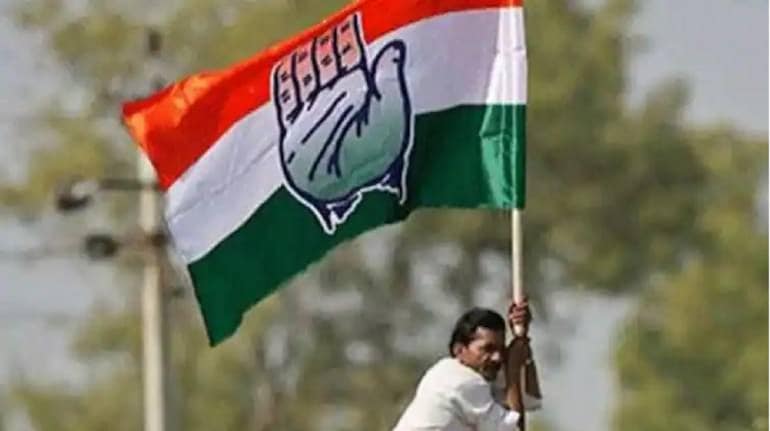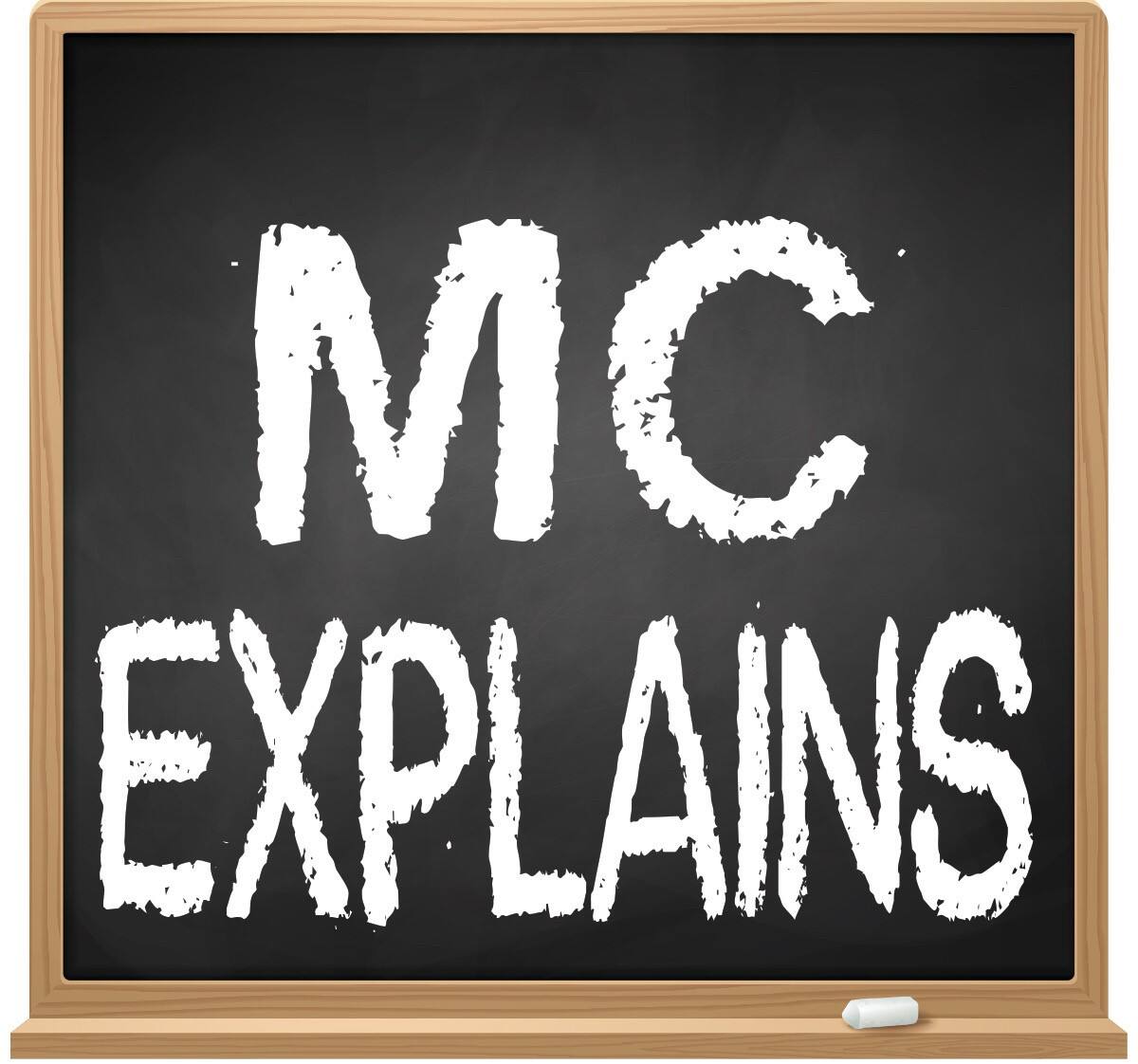



The Indian National Congress is set to elect its new national president, as over 9,000 party delegates are exercising their right to vote in the intra-party election being held today, October 17.
The results would be announced by the party on October 19.
The presidential poll was contested between Congress veteran Mallikarjun Kharge, who was serving as the party's Leader of Opposition in the Rajya Sabha till earlier this month", and "G-23 member" Shashi Tharoor, who had served as a Union minister in the Manmohan Singh-led UPA government.
Kharge, according to reports, was tipped to be ahead in the electoral race as he had the backing of senior party leaders.
The winner would succeed Sonia Gandhi, who has been serving as the Congress interim president since 2019. The party lacked a full-time chief over the last three years -- ever since Rahul Gandhi decided to step down following the rout in the 2019 general elections.
This will also be the first time in 22 years when the Congress would be headed by someone not belonging to the Nehru-Gandhi family.

How long has Congress been without a full-time president?
The party has been without a full-time president since Rahul Gandhi quit following the Congress’s second successive general election defeat in 2019. Rahul Gandhi also said many senior party leaders had not pulled their weight in the electoral battle in which the Bharatiya Janata Party (BJP)-led National Democratic Alliance (NDA) stormed back to power. Sonia Gandhi, who was party chief for an unprecedented and uninterrupted 18 years until Rahul Gandhi’s election as Congress president in December 2017, has been interim president for the past three years.
Who were eligible to take part in the ballot?
Some 9,000 delegates to the electoral college were eligible to vote in the exercise. As section of the Congress had suggested that the party make public the list of delegates in the interest or transparency. One member cited the practice among the Conservative Party of the UK, in which Rishi Sunak and Liz Truss were engaged in an absorbing battle for leadership that ended with the latter’s triumph.
The Congress, through its chief of communication Jairam Ramesh, had rejected the idea on grounds that this election is an internal party exercise and that its critics were trying to project it as opaque.
There is well-laid down process in the Congress Constitution on elections to various party positions, starting from the district level to the office of the AICC President, the party leaders said.
In fact, one organisational reform introduced during the 1998-2017 tenure of Sonia Gandhi was to set up an independent Central Election Authority (CEA) to conduct the polls. Currently, the office is headed by former Gujarat MP Madhusudan Mistry and among its early chiefs was the late Oscar Fernandes, the quintessential organisational man. The CEA is appointed by the Congress Working Committee.
What does the election process entail?
Section XVIII of the Congress Constitution states that the Chairman of the CEA is the ex-Officio Returning Officer for the election of the President. The party president is elected by AICC delegates and there is an elaborate system in which members are made delegates through the basic party units. Every Block Congress Committee elects a delegate to the PCC whose members in turn elect the AICC delegates. These include former Pradesh Congress Committee presidents who have held office for at least one year and remain members of the party. Presidents of the District Congress Committees, members of the AICC residing in the states, elected members of the Congress Legislature Party and executive members of the PCC to represent categories not adequately represented in the PCC are the delegates.
The Chairman of the CEA will publish the names of all candidates for the post of president. Any 10 delegates can propose the name of any delegate for the post. Those who do not withdraw their candidacy within seven days will be in the race for the post and their names will appear on the ballot. In case only one candidate remains, the person shall be declared elected. The key here remains the list of delegates who comprise the electoral college.
Demands have been voiced in the past to make the elections at other levels more competitive. Party leaders, however, say that openly competitive internal elections have resulted in the surfacing of negative sentiment that affected the organisation. Consensus by accommodating various interests and factions has been found to be the way out.
On his part, Rahul Gandhi, as general secretary in-charge of frontal organisations like the National Students Union of India and Youth Congress, had advocated open elections along the lines of primaries in the US. Although he made an effort in that direction, the idea was eventually given up due to resistance and also complaints that influential members at district levels rigged the system.
What are the past precedents for the party president’s election?
Barring two occasions since 1997, there has been no contest for the past. In 1997, when Sitaram Kesri was the Congress president and seeking election for the first time since his appointment as successor to P V Narasimha Rao, the veteran Congressman was challenged by Sharad Pawar and Rajesh Pilot. Pawar, who was Leader of the Opposition during the United Front Government, and Pilot, who rose to fame as a go-getter and dynamic leader during the last two years of Rao’s tenure, could not make a dent. While Pawar and Pilot went around to canvass support for their candidacy, Kesri wrote a letter appealing to party delegates and soliciting their support. Kesri won hands down. Around the turn of the century, senior leader Jitendra Prasada, who once was a powerful party vice president, threw his hat in the ring when Sonia Gandhi sought election. The latter had won the poll by a landslide.
Discover the latest Business News, Sensex, and Nifty updates. Obtain Personal Finance insights, tax queries, and expert opinions on Moneycontrol or download the Moneycontrol App to stay updated!
Find the best of Al News in one place, specially curated for you every weekend.
Stay on top of the latest tech trends and biggest startup news.